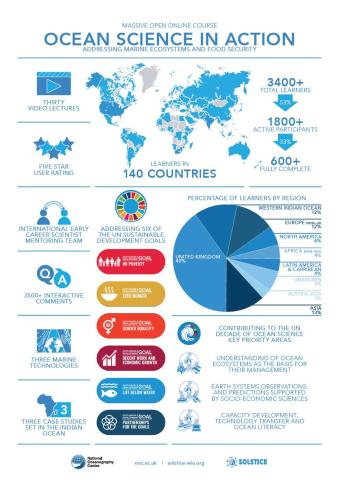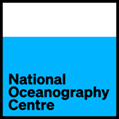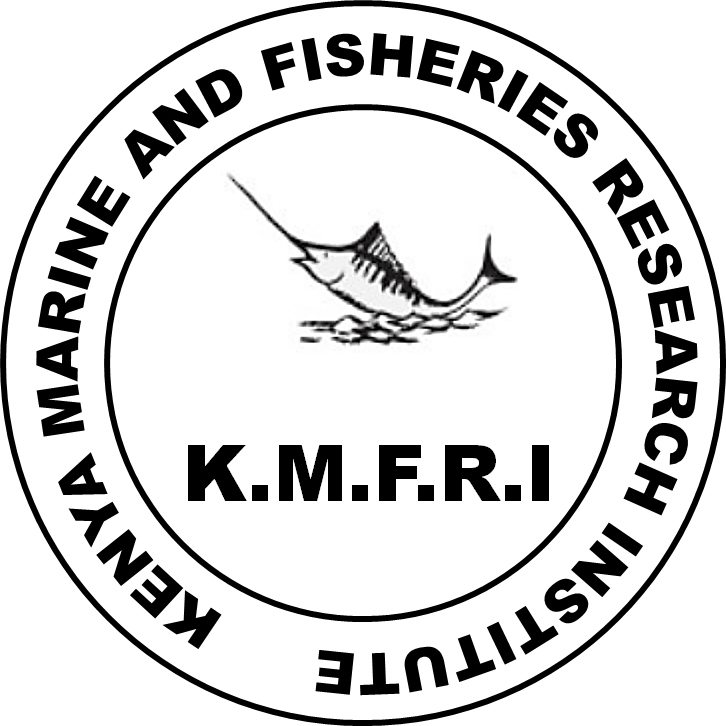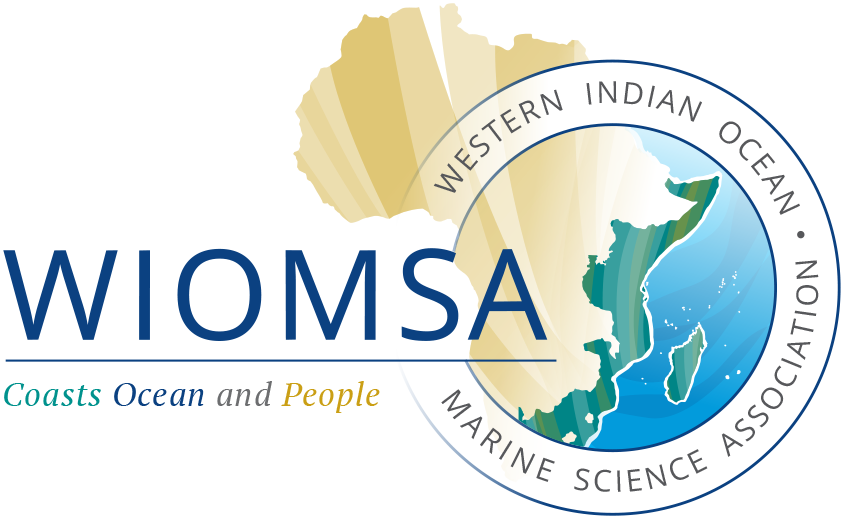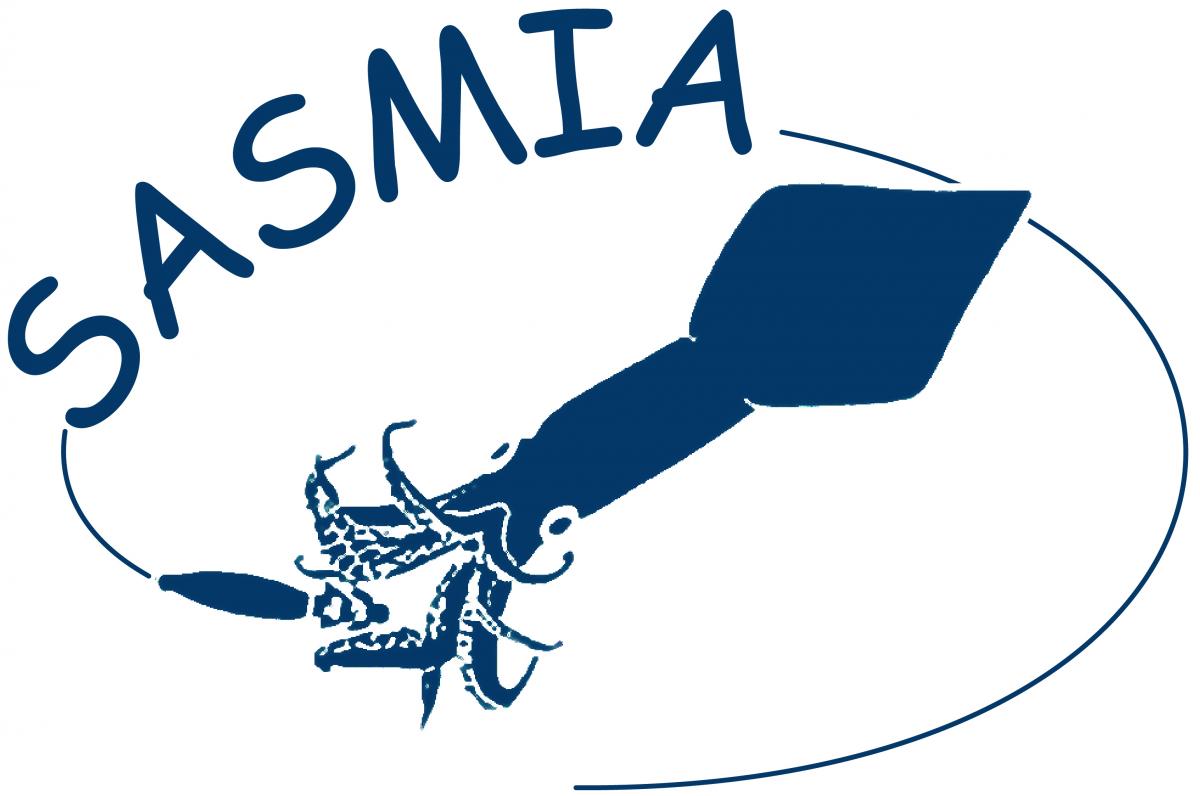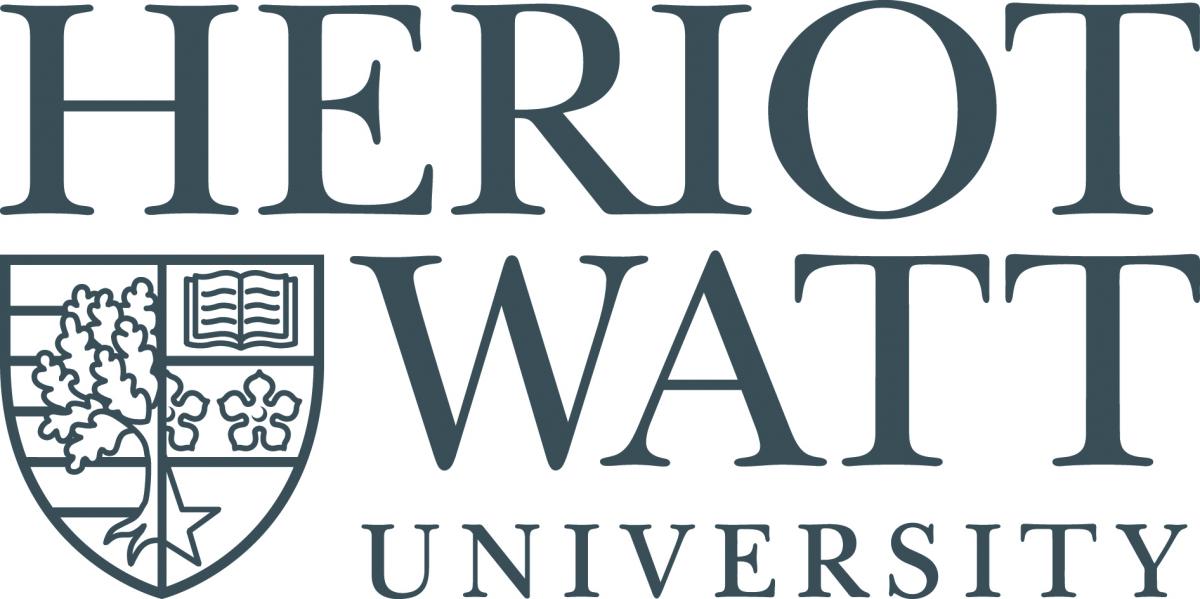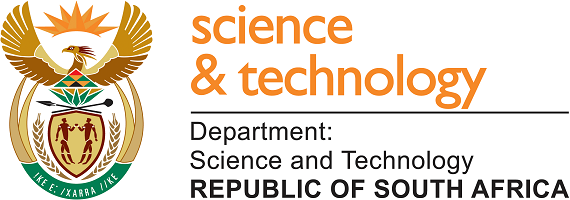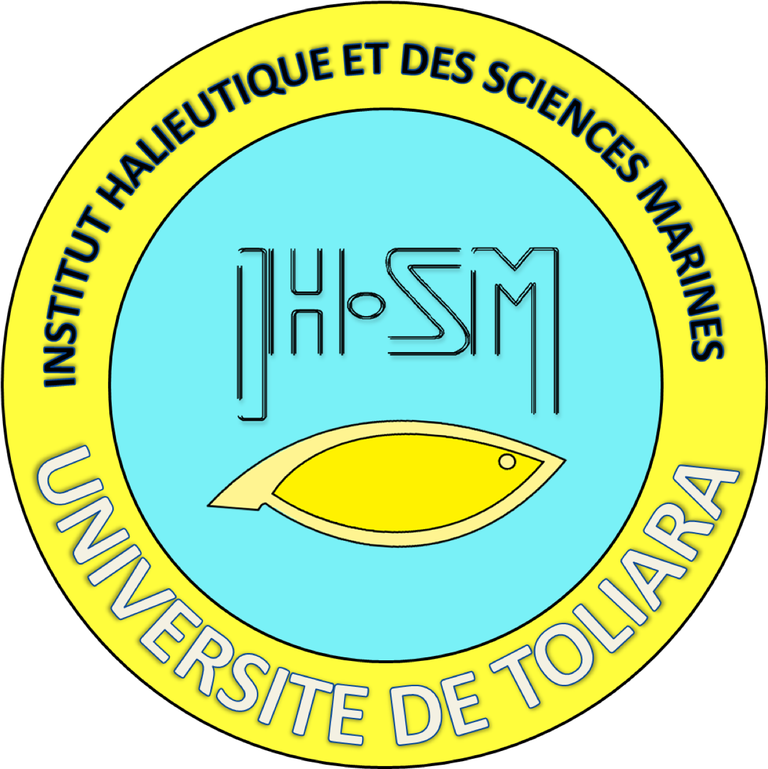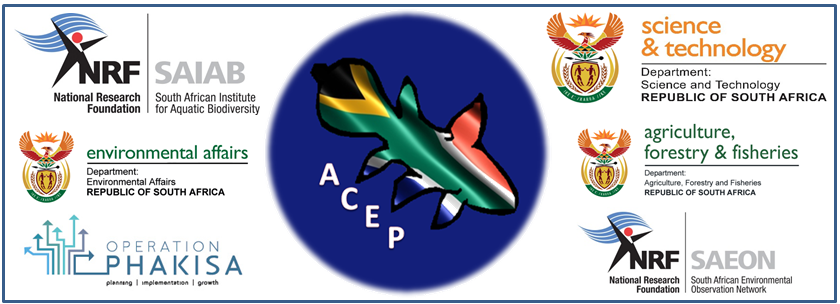Happy Birthday to MOOC
It’s one year since the launch, on 5th October 2020, of our highly successful Massive Open Online Course (MOOC) Ocean Science in Action: Addressing Marine Ecosystems and Food Security in the Western Indian Ocean. The MOOC, freely available through Future Learn, has a global reach, with 3400 enrolments from 140 countries to date.
In the run up to COP26, our MOOC will be promoted by Future Learn as part of their effort to create the world’s most comprehensive climate change social learning curriculum. This exciting collection includes courses from leading industry and academic institutions all of which provide learners with the skills and knowledge required to combat climate change and achieve the four major goals of COP26 (Secure global net-zero by mid-century and keep 1.5 degrees within reach; Adapt to protect communities and natural habitats; Mobilise finance; and Work together to deliver).
The MOOC is an output from the SOLSTICE-WIO (solstice-wio.org) project, a four-year collaborative project funded by the Global Challenges Research Fund (GCRF) with partners from the UK, South Africa, Kenya and Tanzania. SOLSTICE-WIO, which commenced in October 2017, has brought together advances in marine technologies, local knowledge and research expertise to address challenges facing the Western Indian Ocean through technology transfer, collaborative environmental and socio-economic research and training.
The free four-week course is designed for people working within marine related industries, such as fisheries, both in the Western Indian Ocean and those who study this ocean region. It’s also more widely relevant to those with an interest in ocean management and conservation, the technology used to study the ocean, and the impact of the accelerated climate change on the marine environment. The MOOC features over 30 videos, introducing learners to innovative marine technologies and their application in tackling the challenges of sustainably managing marine ecosystems.
Marine autonomous vehicles are increasingly reliable and simple to use for environmental observations, at a fraction of the cost of a research vessel. Earth observation satellites monitor the ocean, collecting a wide range of marine data, mostly freely available from global archives. Ocean models make it possible to explore regional ecosystem dynamics and gain insights into variability and change. The course explores how these technologies can form the basis for environmental research and monitoring that deliver decision support for marine policy development and resource management.
Using case studies from the SOLSTICE-WIO project the course illustrates how marine science is applied to the sustainable management of marine ecosystems and how this can contribute to global efforts in meeting the UN Sustainable Development Goals and the challenges of the Ocean Decade 2030.
The MOOC is very highly rated by learners and has received some great reviews:
“A very informative and engaging course that I really enjoyed. The content was highly detailed and I enjoyed studying such topical and fascinating case studies. Thank you!"
“Informative and wonderfully interactive.”
“I really enjoyed this course. The content, although complicated was conveyed in an easy-to-understand way, and the quizzes along the way really helped with comprehension. I feel that I've expanded upon my basic knowledge of marine ecosystems and can't wait to continue my learning journey.”
As part of The SOLSTICE-WIO legacy, the MOOC will continue to be available via Future Learn.
